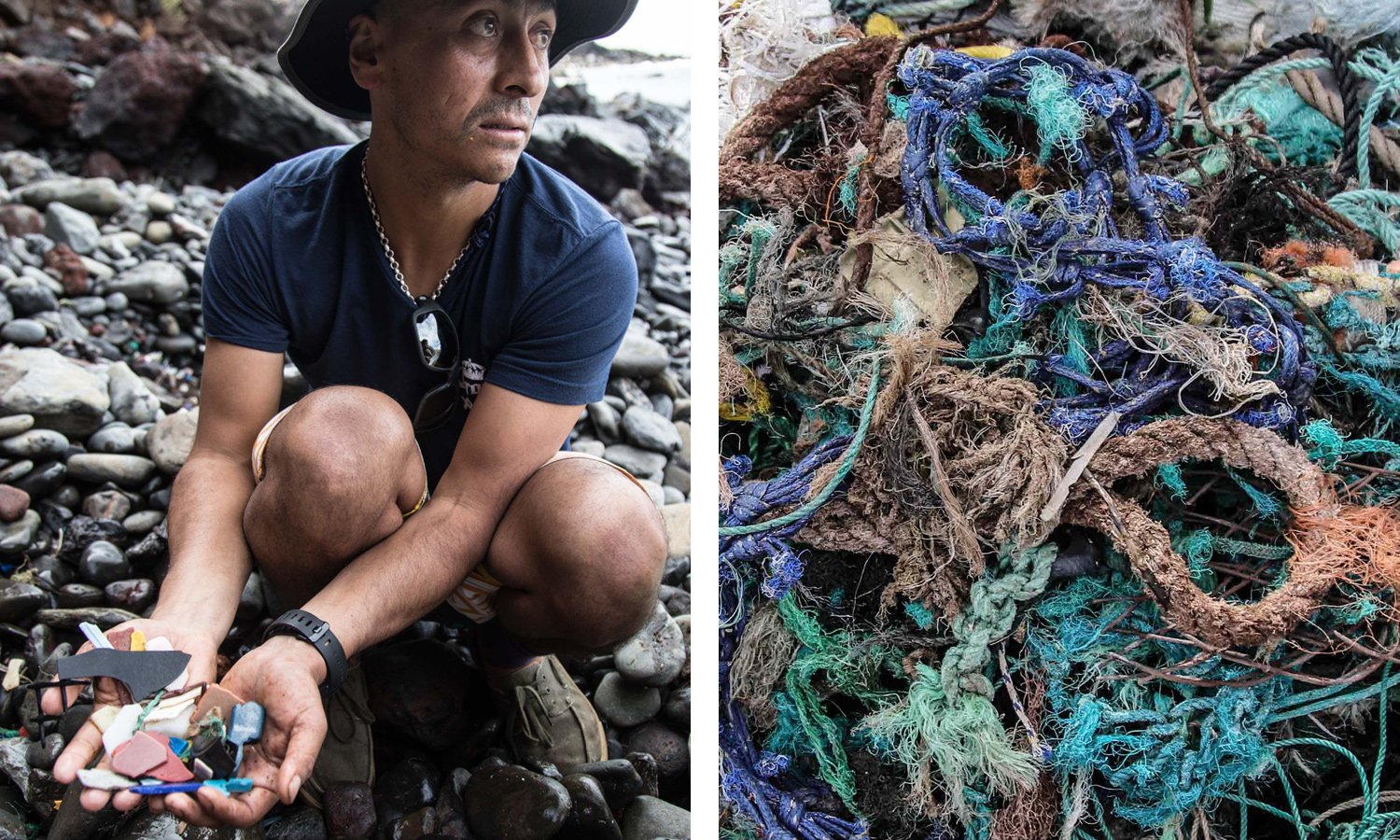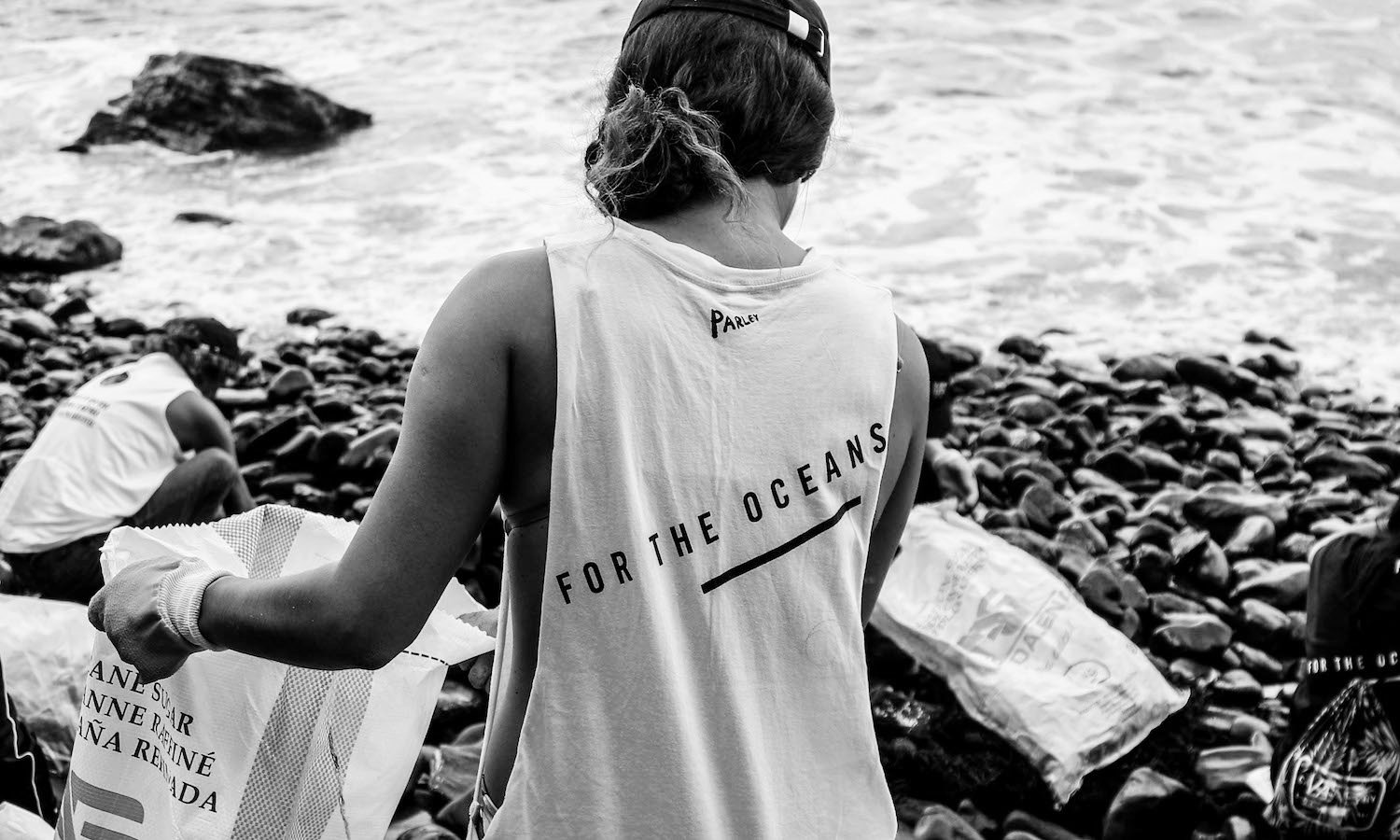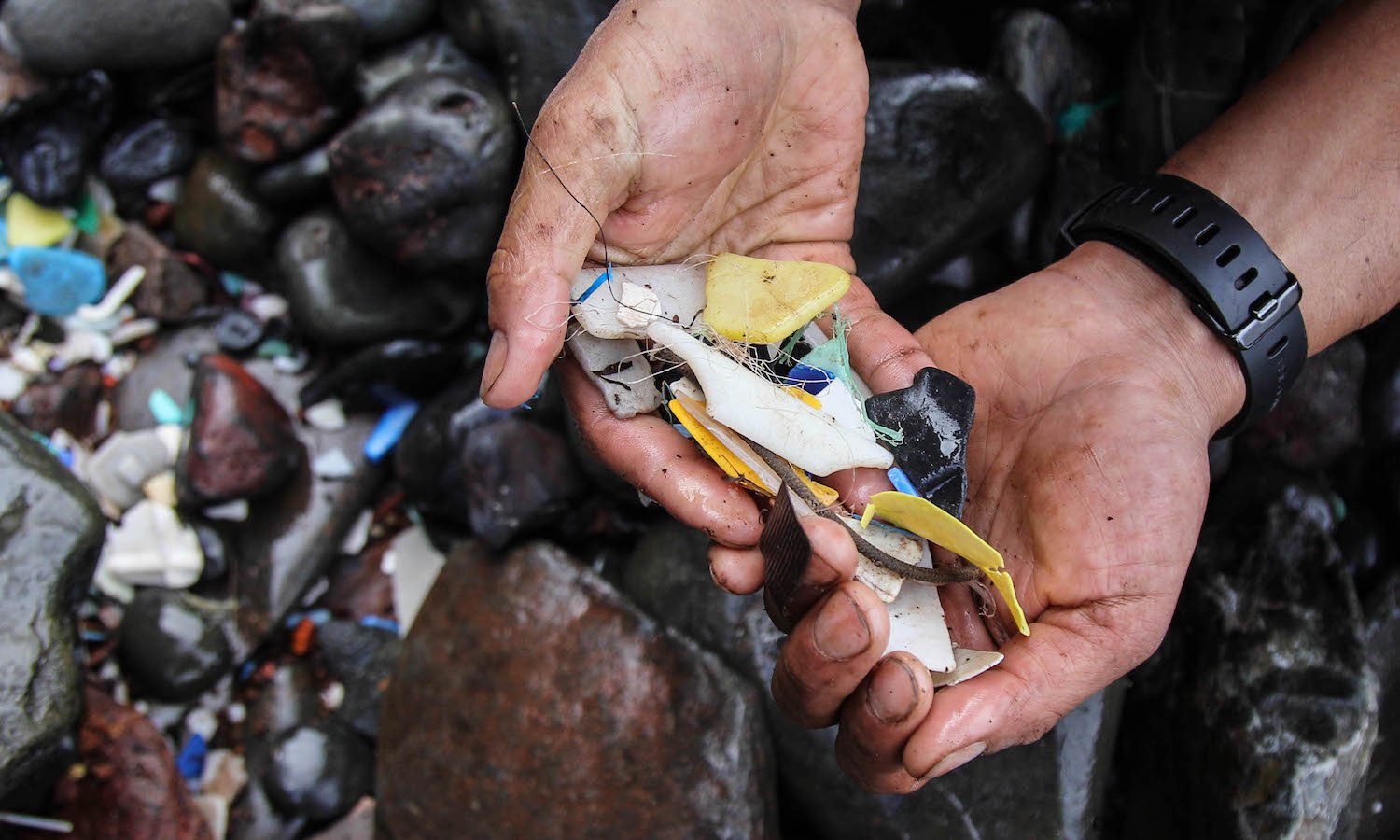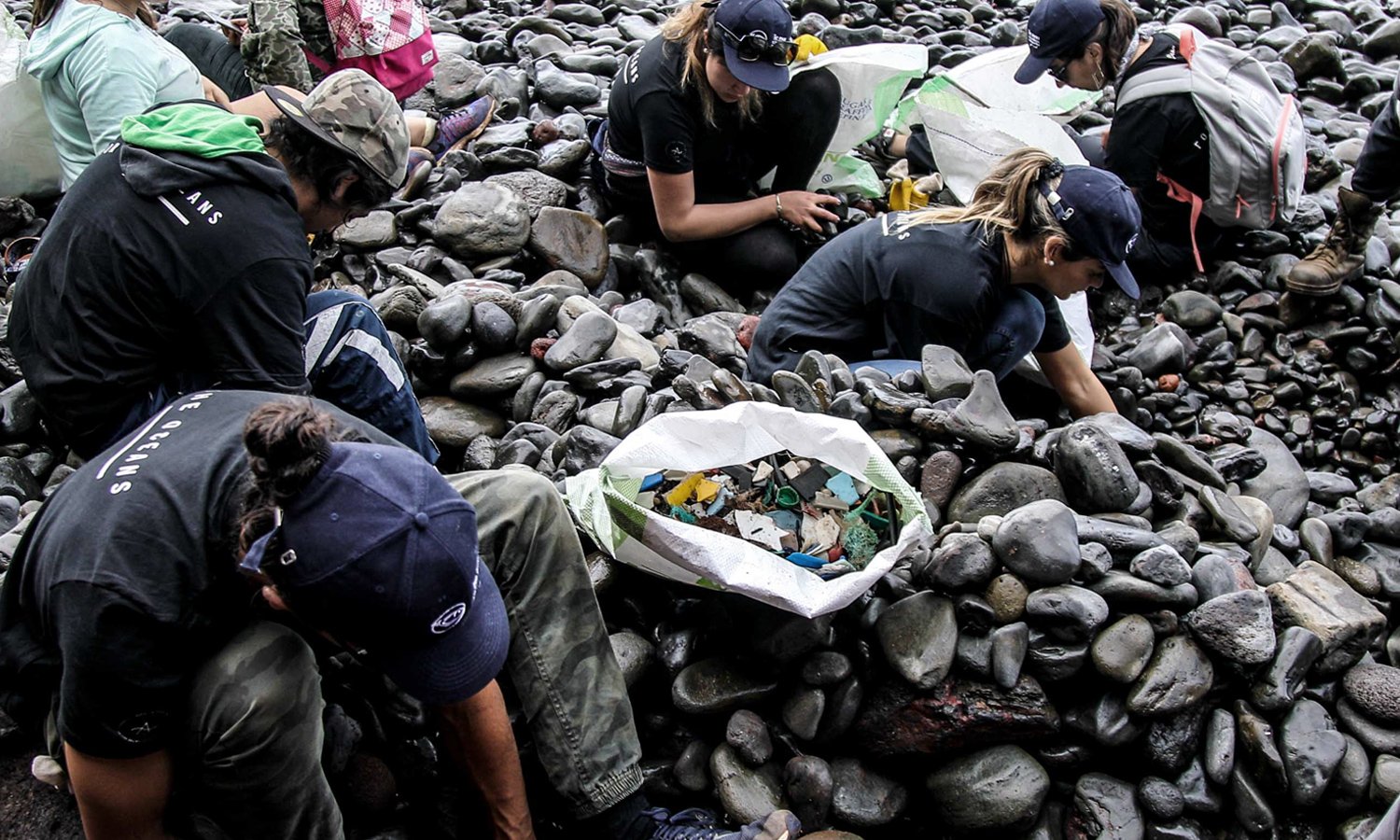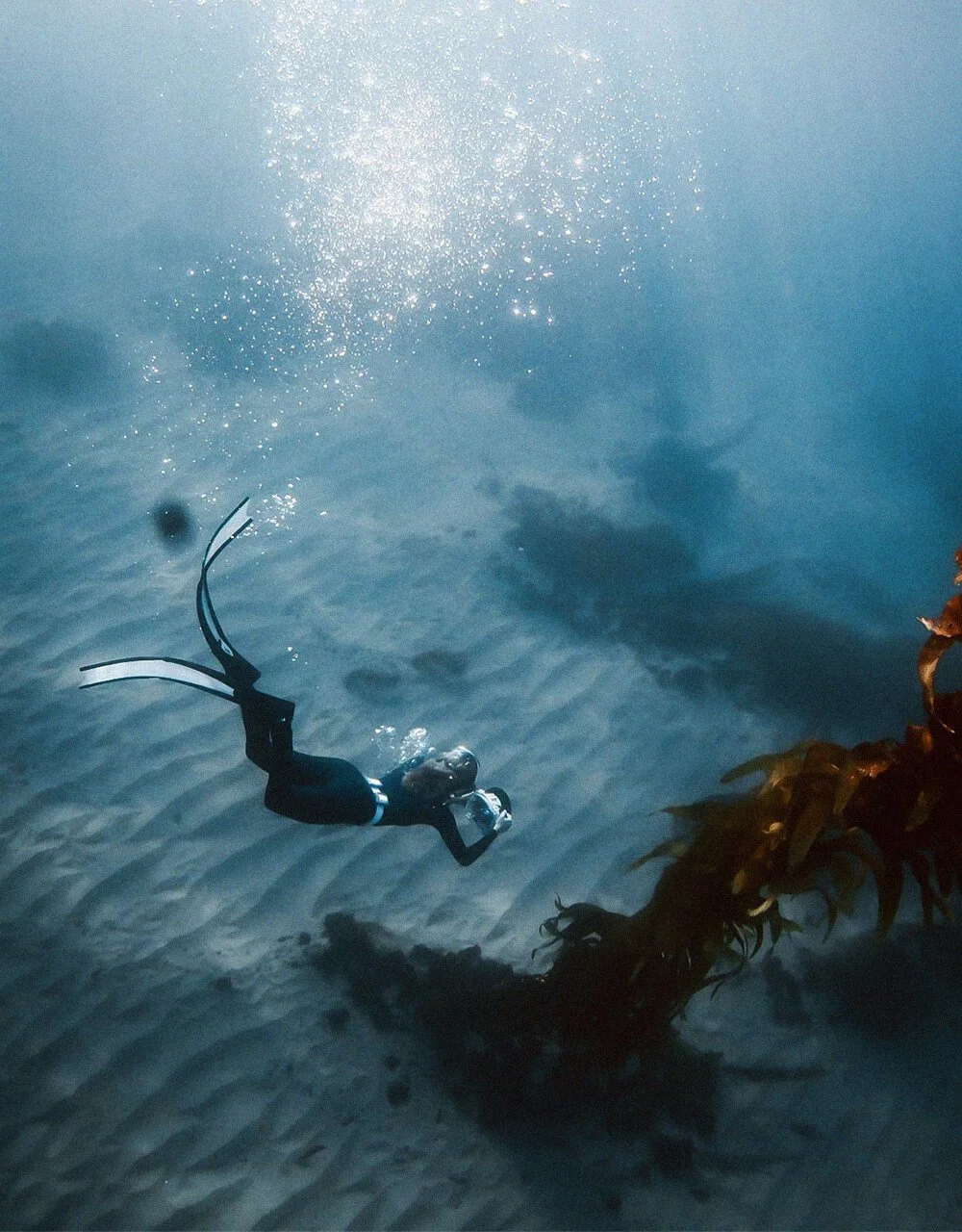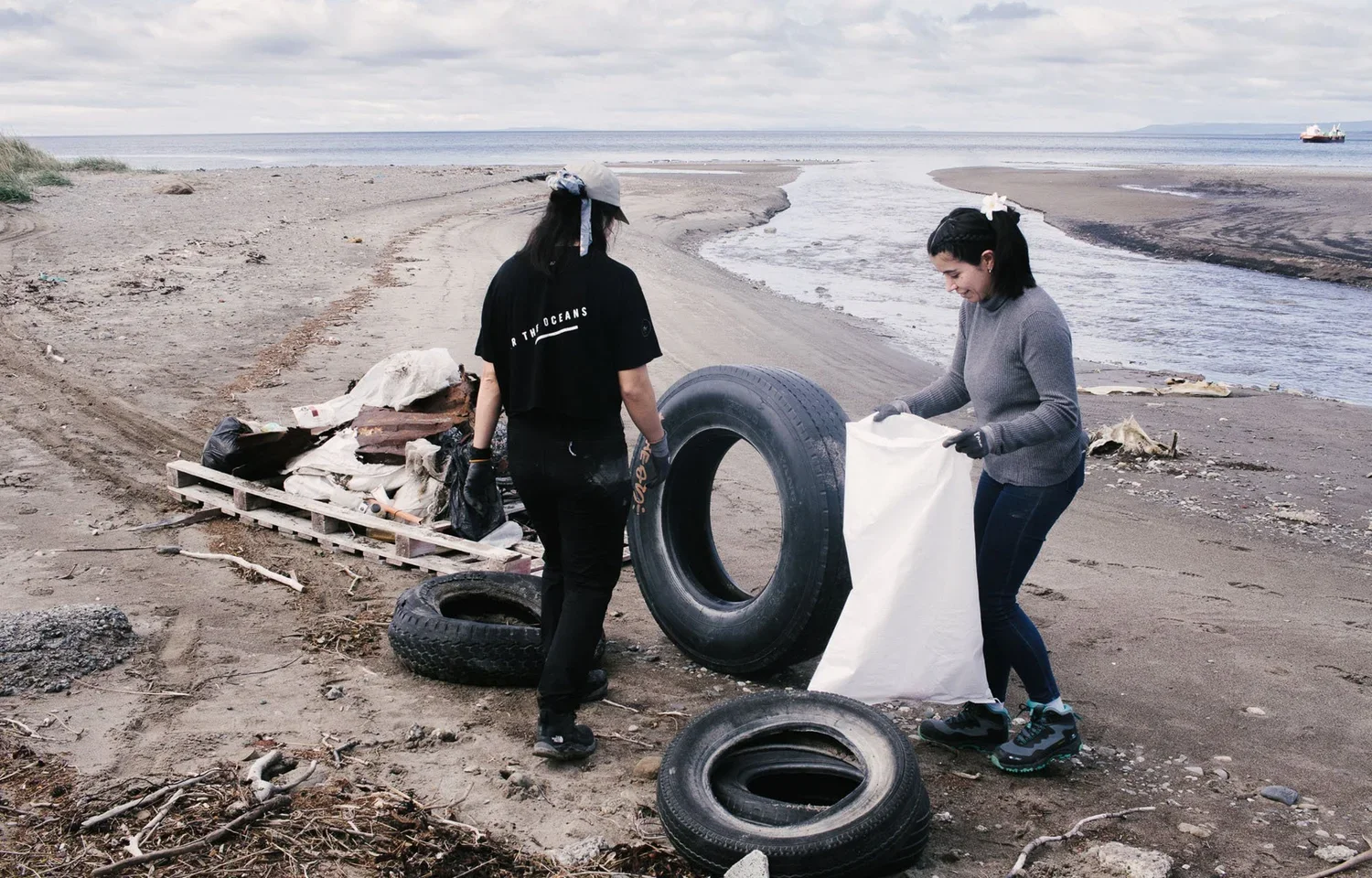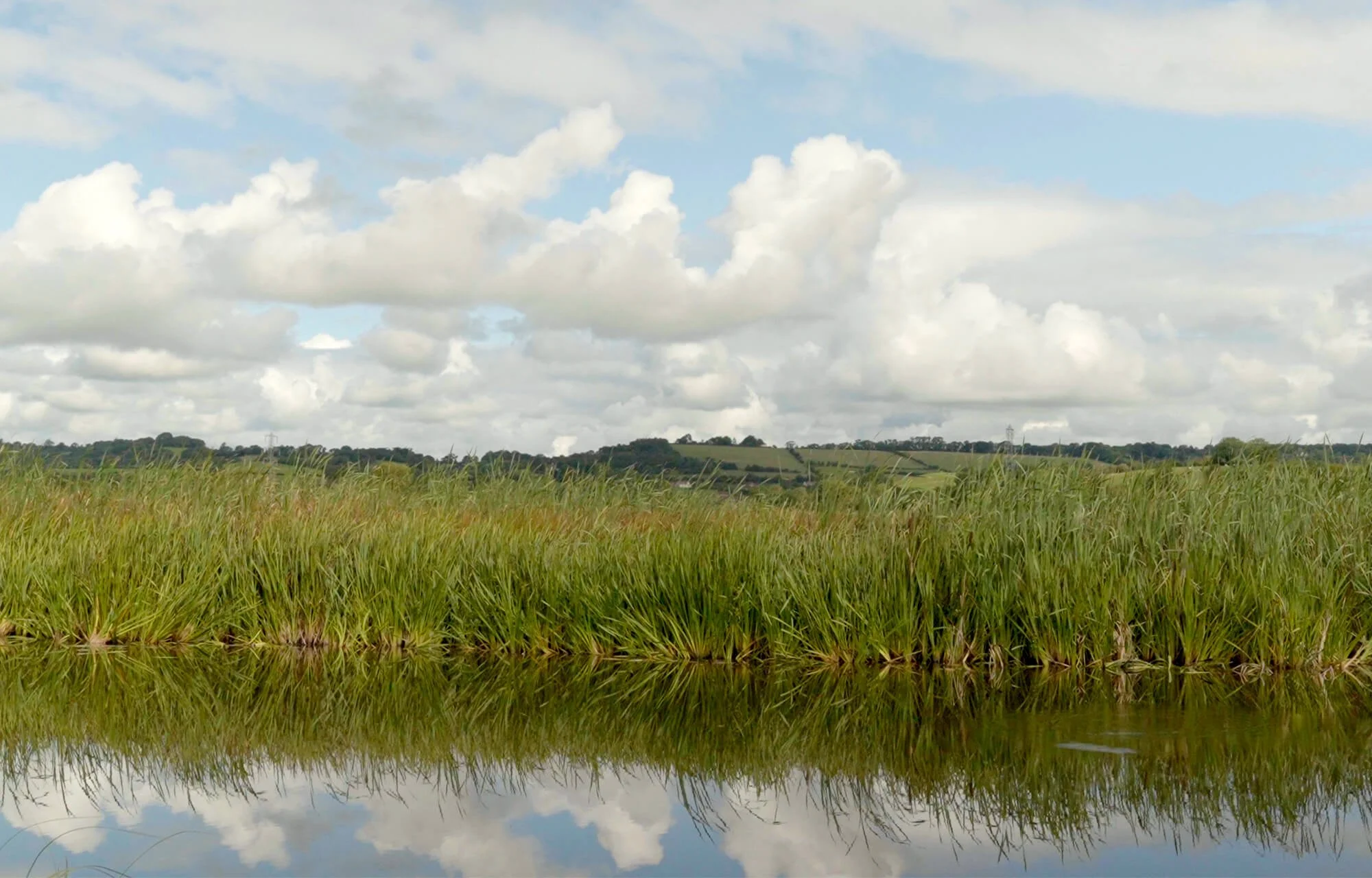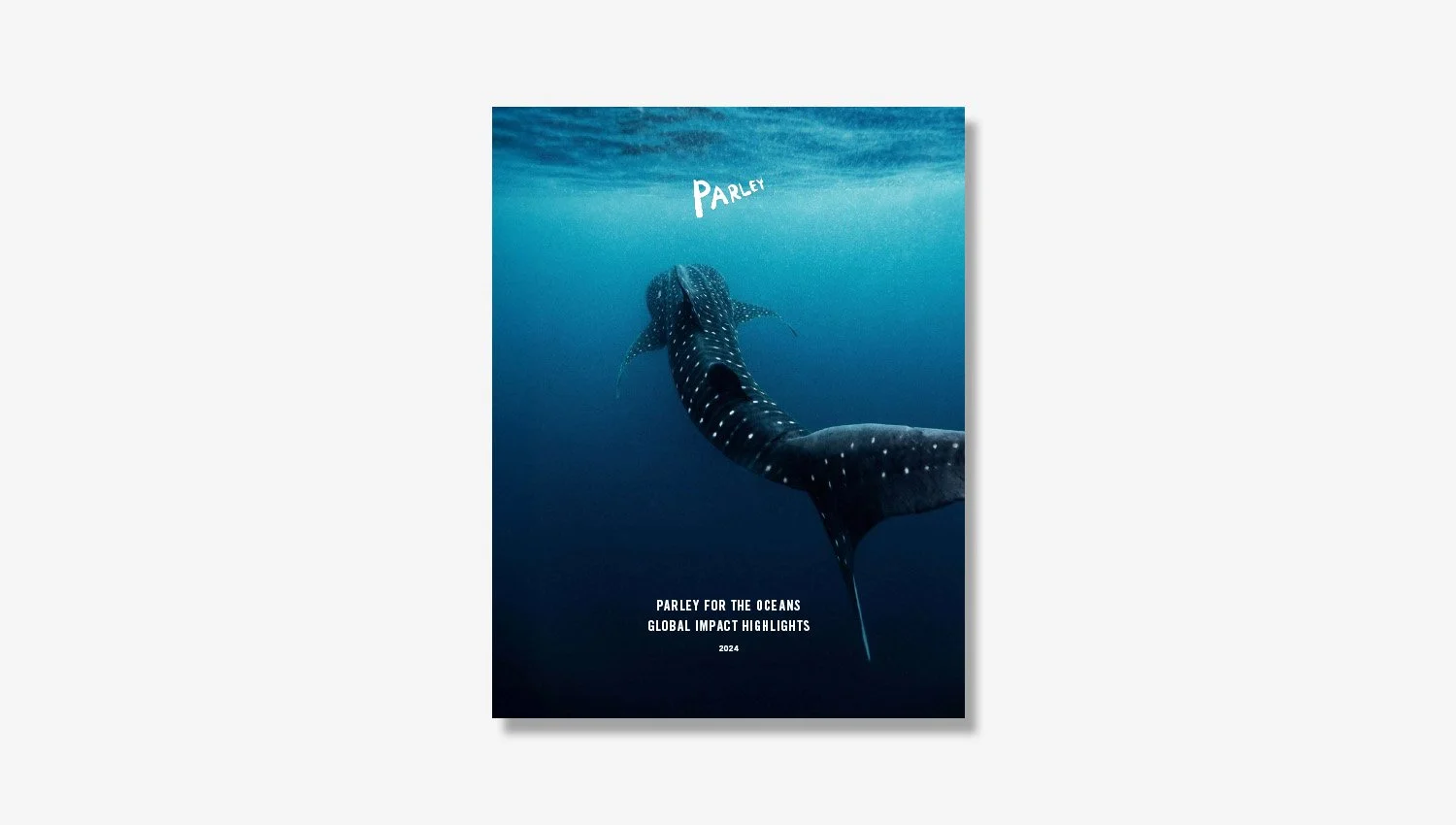Parley Chile: Rapa Nui
There is no 'away' – even amid the vastness of the South Pacific
For over five hundred years, the moái stone figures of Rapa Nui gazed out across endless, pristine waves. Today, the waves crashing ashore on this remote and isolated world bring drifting plastic waste from far away. Located some 2,300 miles west of Chile and 2,500 miles east of Tahiti, the island’s rocky beaches teach us there is no ‘away’ – even amid the vastness of the South Pacific.
Last month, more than 60 volunteers joined Parley representatives and ambassadors (including big wave surfer Ramon Navarro, above) to intercept marine debris along the Viringa O Tuki coastline of Rapa Nui – also known as Easter Island. Together they collected more than a ton of waste along the rocky shoreline. Unsurprisingly, 90% of what was intercepted was plastic.
“In Chile, we have one of the longest coastlines in the world,” explains Rodrigo Farias Moreno of Parley Chile. “The ocean here tends to have a lot of movement, so plastic moves a lot as well. However, Rapa Nui is a completely different case. The waters are more static around the island, leading to way more debris accumulating on the beaches. The effort to intercept here is huge in comparison to other places in the country.”
Rodrigo is Parley’s Chile Director, and is in charge of implementing the Parley AIR (Avoid, Intercept, Redesign) Strategy on the ground. Rodrigo’s knowledge of the ocean runs as deep as his love for it. As he explains, beach cleanups alleviate immediate threats to marine life, but more action is needed to stop the plastic tide. Parley Chile is actively working on education efforts and partnerships that can help spread awareness about the importance of reducing and avoiding plastic consumption wherever possible – and also investing in long-term solutions driven by eco-innovation.
"There are 7.6 billion inhabitants in the world. We can't continue polluting as if each one of us owned the Earth."
Sebastián Piñera, President of Chile
Chile is moving in the right direction, having recently passed a law banning plastic bags for commercial use – the first country in Latin America to do so. According to Rodrigo, Chile has recently seen a change in its cultural consciousness regarding the protection of natural parks and resources.
“Studies have shown the importance of nature tourism for Chile – creating a great incentive to protect as much of it as we possibly can,” he explains. “Parley is working on avoiding a catastrophe like the ones that have recently hit the spotlight. We are still on time to clean, and implement education.”
#100islandsprotected


